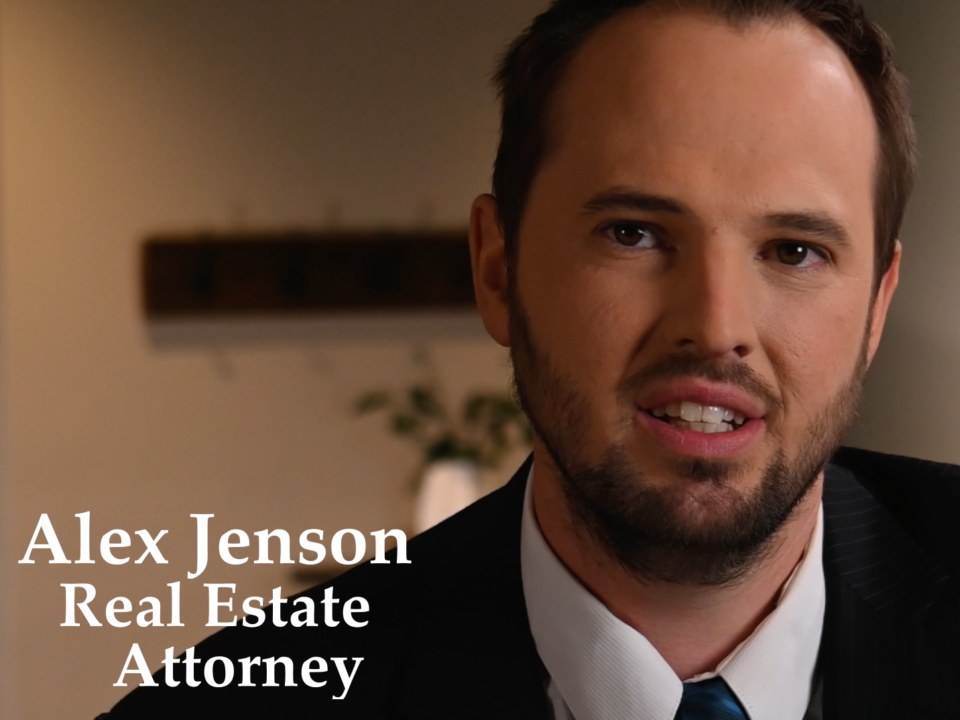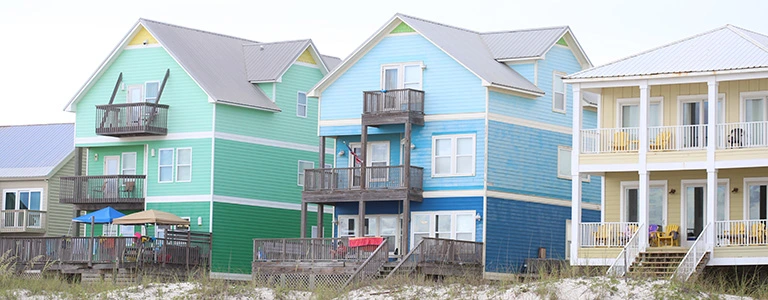
One of the first things a person typically does after deciding to rent an apartment or other living quarters is to sign a lease. Sometimes a lease can be a simple document, but oftentimes, especially when renting from an experienced landlord with many rental units, the lease can be very wordy and seem complex. In fact, as part of all of the words and complexity, the lease is very likely to be worded in large part to favor the landlord. This can sometimes create a situation where a tenant or future tenant feels like they have few rights under the lease.
What is important to understand is that there are laws in North Dakota that protect tenants, or at least give tenants rights. Some of these laws apply even though the lease may be written to heavily favor the landlord.
First, in North Dakota, landlords have certain obligations to their tenants under the law. For example, landlords must do whatever is necessary to keep the premises in a fit and habitable condition. This includes making all repairs to the property. The landlord must also ensure the premises meets all applicable building and housing codes that materially affect health and safety. Additionally, landlords have several other requirements which include keeping the common areas clean and safe, ensuring that the plumbing, electrical, heating and air conditioning are in good and safe working order, making sure there is running water, and also ensuring that hot water is available. There are some other legal obligations as well, but as you can see, these requirements benefit tenants.
If a tenant finds themself in a situation where the landlord isn’t meeting these requirements, the tenant has several options under the law. However, before taking advantage of these options, the tenant generally needs to first notify the landlord of the issue(s). Then, if the landlord doesn’t adequately address the issue(s) within a reasonable time after being notified, the tenant can take action.
One option the tenant may have is to repair or remedy the issue(s) at the tenant’s expense, and then deduct that expense from the rent. In a situation where the tenant has paid ahead on rent, another route to recovery could be lawfully pursuing collection from the landlord for the expenses incurred by the tenant. This route could include suing the landlord in small claims court.
If the issue(s) are substantial enough, another option the tenant might have in this situation is referred to as “constructive eviction.” In a constructive eviction, the tenant is permitted to vacate the premises within a reasonable amount of time after notifying the landlord of the issue(s). If this happens, the tenant must then be discharged from the responsibility for the payment of any further rent. The tenant would then also be discharged from the performance of other conditions under the lease.
Similar to constructive eviction, in certain situations the tenant may terminate the lease before the end of the lease term agreed upon in the lease (e.g., if the lease term was for 1 year, the tenant may terminate the lease before reaching the 1-year mark). One such situation is when the landlord doesn’t fulfill certain obligations under the lease or under the law within a reasonable time after being requested to do so. For instance, the lease might include the provision of a garage or garage stall. If the landlord doesn’t make necessary repairs to the garage stall to provide the tenant with covered parking, then, if the tenant requests fulfillment of that provision of the lease and the request goes unfulfilled, the tenant may possibly terminate the lease. Another situation where early termination may occur, as long as it doesn’t result from negligence of the tenant, is when the rented property is severely damaged or destroyed, such as by fire or flood.
If you feel stuck in a lease that has become a poor living situation, speaking with an attorney familiar with landlord/tenant law could be very helpful. An attorney like Chris Cerney can talk through your issues with you and discuss options you may have to improve your situation.
Contact O’Keeffe O’Brien Lyson Attorneys in Fargo, North Dakota to discuss your situation by calling 701-235-8000 or 877-235-8002, or email by clicking on the attorney’s name above.



